A business trip is not for leisure. You may be able to pack in some personal time, but overall, it is usually all work with higher stakes. Here is a to-do list of things you must do before you leave.
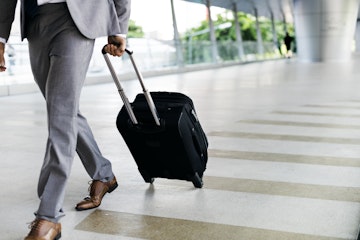
Rawpixel.com/shutterstock.com
1. Prepare The Necessary Documents
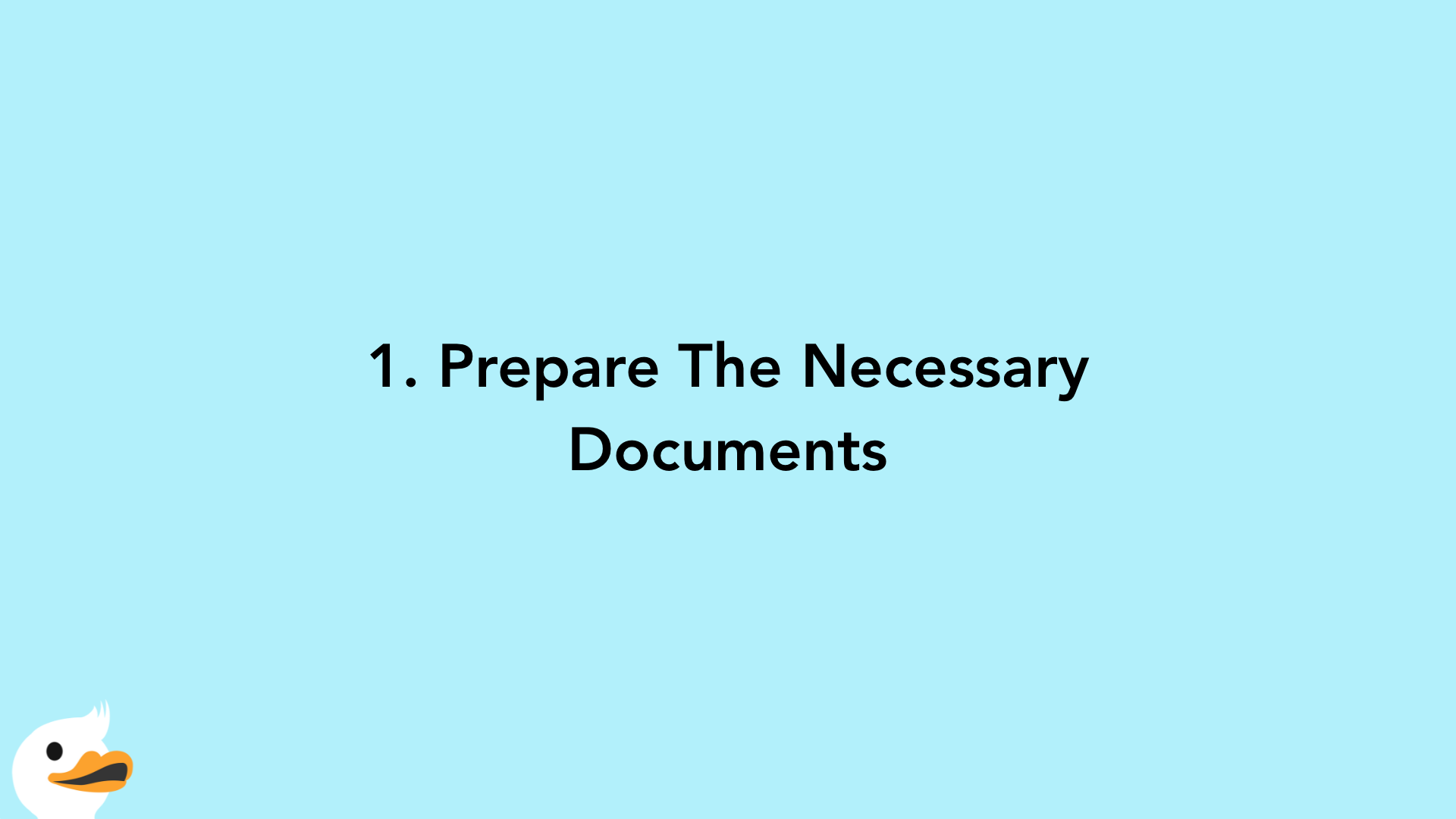
If this is an international flight, you will need to confirm that your passport is valid. You will want to do this well in advance. In general, you should allow ample time to apply, submit your photo, make an appointment with ICA and receive your new passport. Of course, you can pay for an expedited passport.
Additionally, you may also want to check your driver's license as well. It's always a good thing to have two forms of identification in case of an emergency.
If you are entering Singapore, you will need to secure a working permit from the Singapore Ministry of Manpower or MOM. You will need to inquire about the details of the relevant permit because some permits may require a medical examination and medical insurance before an issuance.
Moreover, depending on how long you stay, this will determine if you qualify for a pass or a permit. Both the pass and permit will likely require proof of business documents such as a contract.
When you pack your documents, make sure you have copies of your credit cards with a list of the card issuer's numbers. You need to have this information on your in case your cards are stolen, and you need to report the theft.
2. Check Your Cell Phone Options
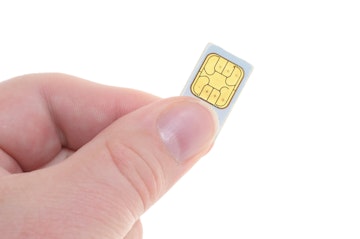
PeJo/shutterstock.com
If your place of employment issues a cellphone for work in your home country, they may also cover you for when you are away on a business trip. You will need to confirm any applicable surcharges for roaming or being outside your network.
If you are planning on being in a foreign country, you may consider purchasing a local SIM card. First, you will need an unlocked smartphone. Then, you can use a local SIM card for the duration of your visit. You can sign up for a short-term plan that covers talk, text and internet access.
3. Book Your Accommodations
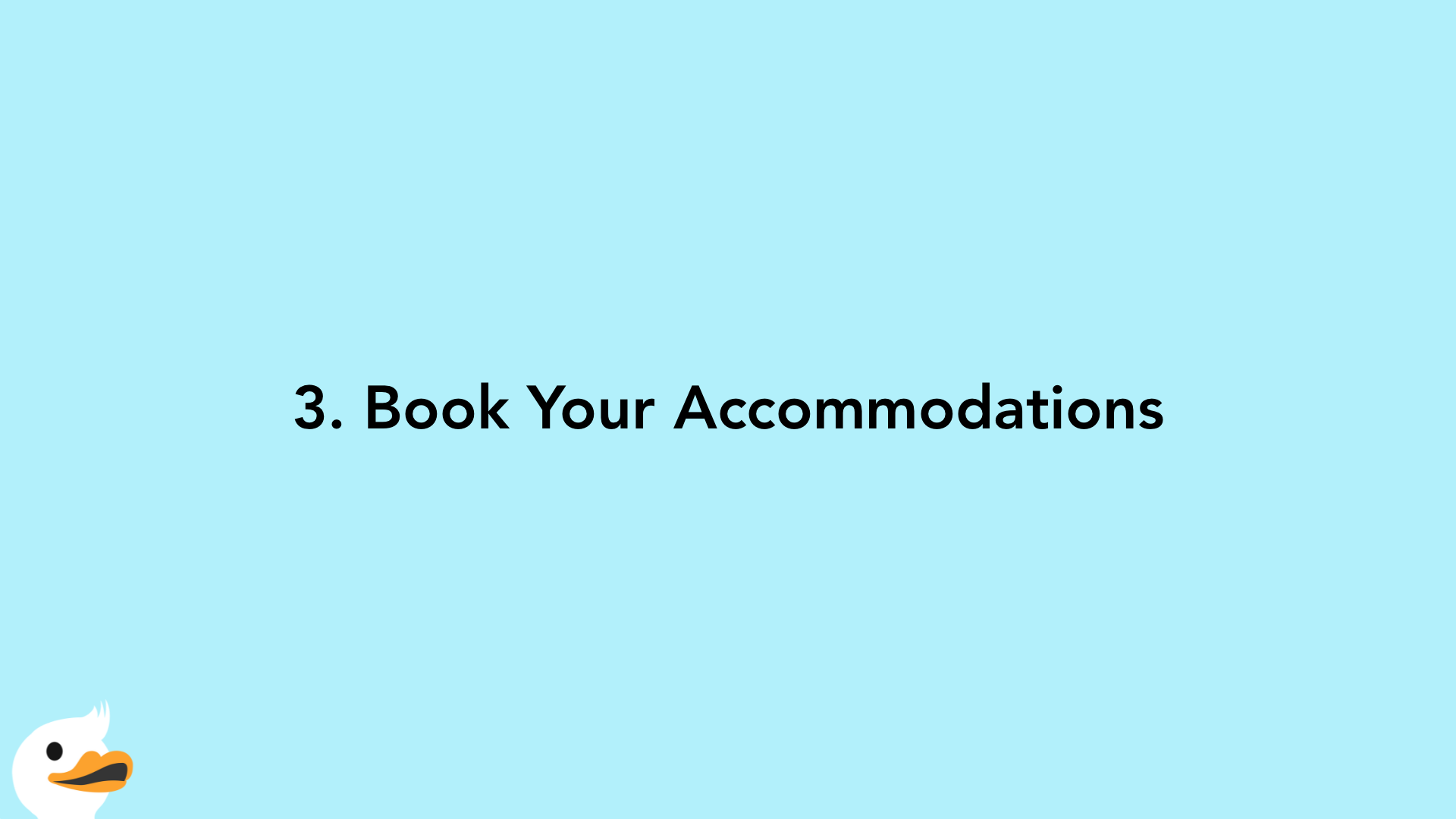
If you are taking a short business trip, such as for a few days, a hotel may be the most convenient to book. However, if it is a week or a month long, you may consider renting an apartment. You can usually find furnished apartments with a weekly price and a monthly discount.
If you are staying in Singapore, you can also contact corporate accommodations specialists, such as MetroResidences to help you make the arrangements.
4. Research Where You Will Work

Unless you plan on working in your hotel room, which may not be the most comfortable or professional, especially if you require video conferencing, you will need to research an alternative location. There are short-term workspaces available, such as private offices, coworking spaces, and meeting rooms.
5. Check Your Prescription Refills

If you are taking prescription medication, be sure that you have enough for the duration of your trip and possibly a bit longer, in case you get delayed. You may consider also bringing a copy of your prescription as well as your physician's contact information. Having this information is especially crucial in case you need to see a doctor or go to the hospital while on your trip.
6. See the Dry Cleaners

I have included this on your checklist because it requires planning to drop off your clothing at the cleaners before you leave and to pick it up so you can pack for your trip. You will want your clothing pieces to be clean and freshly pressed ready to travel.
7. Research Travel Insurance
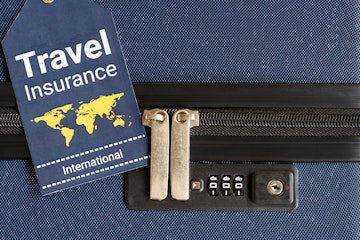
William Potter/shutterstock.com
Travel insurance covers a few different categories: travel cancelations, travel inconveniences, loss or damage to baggage and personal items, travel emergency medical and evacuation, as well as accident or death. This insurance may be useful to help cover any unexpected medical bills when you are out of town.
Your credit card may come with travel insurance at no extra cost. Be sure to purchase your plane ticket and make all the appropriate reservations using this card. Some cards will also require a phone call to activate the insurance.
8. Alert Your Bank and Credit Card Companies

If you have a business or personal credit card, you will need to alert the card issuer of your travel dates and location. If you fail to do this, your card may be frozen and all transactions denied. Ideally, you will also have a credit card that has minimal to no foreign transaction fees.
Similarly, you will also need to alert your bank as well to make sure you have access to your money at an ATM. You should ask your bank if they have any partnerships with any banks operating in your destination country. This partnership may help minimize or perhaps even eliminate the fees when you withdraw abroad.
9. Exchange Currency

If you are traveling internationally, you will likely want local currency when you arrive at your destination. Obviously, you would want the best exchange rate for your money.
In general, foreign exchange rates are favorable for you in the country that has a high need for the currency you want to convert. For example, a Singaporean traveling to the United States should exchange his money in Singapore because the demand for the Singaporean Dollar is greater in Singapore. Similarly, a European is better off converting Euros in Europe before arriving in Singapore.
Another option is to withdraw money at an ATM in your destination country.
10. Pack

Obviously, you will need to pack your clothing. Check the weather at your destination to know what type of clothes to include. However, because weather forecasts are often inaccurate, pack at least one item for all types of weather. Don’t forget toiletries and other personal effects.
You will also want an all-purpose charger, a power bank, portable wifi router, and any adapter plugs.
For your documents, you should have: Copies of your credit cards and appropriate phone numbers Medical insurance cards Passport and driver's license Travel itinerary Reservations and confirmations Boarding Pass and return flight Business documents Visa, work permit, or work pass
11. Important Contacts List
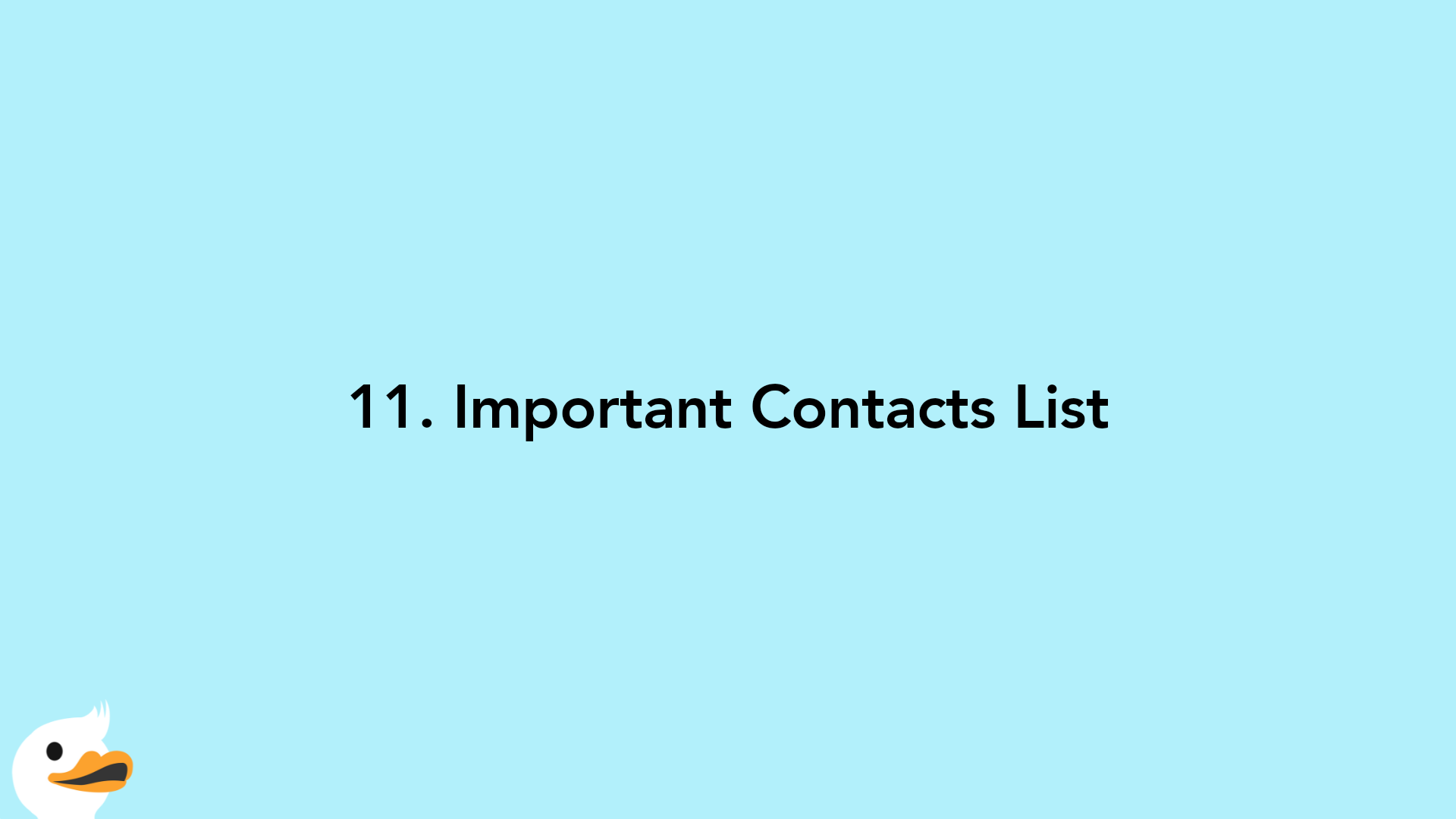
Have all the phone numbers, names, and contact information of your family or close friends. This information should be kept separately from your cellphone, in case you lose it. You should have an established means to contact them as well as a protocol to let them know that you are safe in the case of an emergency.
Additionally, you should have the address and phone number of your home country's embassy or consulate. Political landscapes can change overnight. If traveling internationally, keep up with the news and know your options in the event you need assistance.
Final Thoughts

A business trip can be an adventure, extremely productive, and a great excuse to see a new place. Make sure you plan well and have all the documents you need before you leave. Unfortunately, you will likely be on the phone a lot the weeks and days leading up to your departure. This checklist will ensure a smooth experience at your destination. Happy travels!

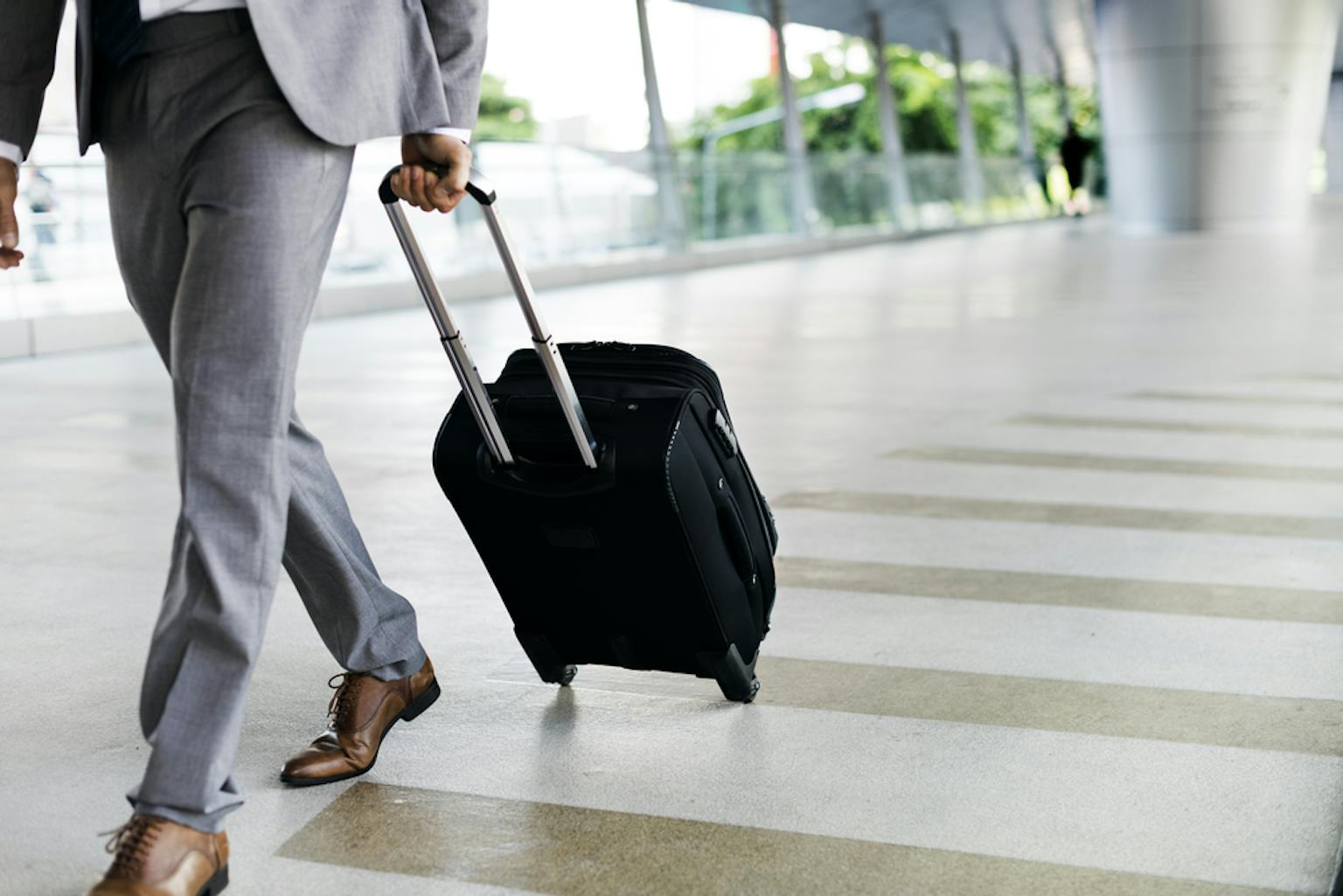




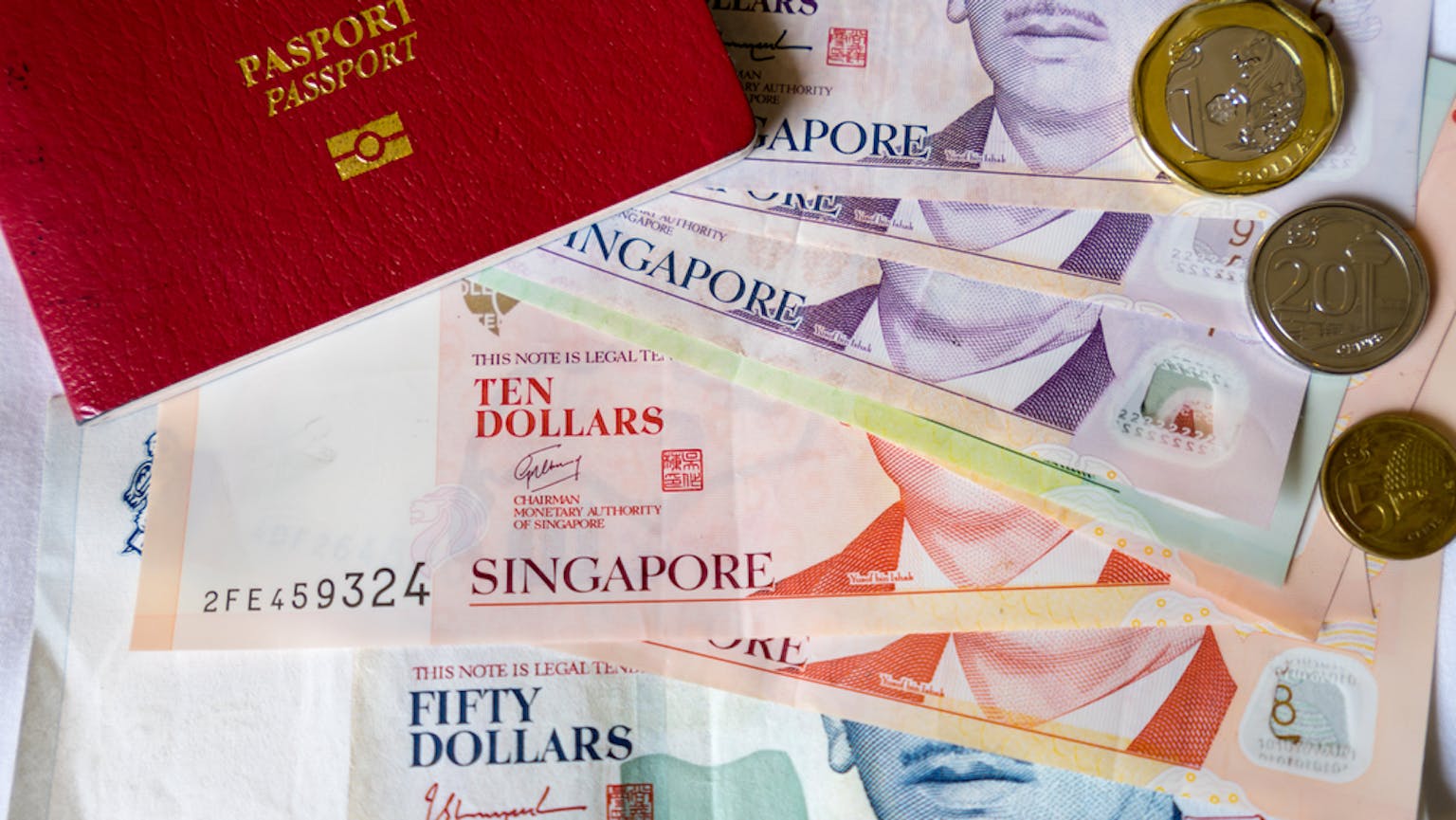




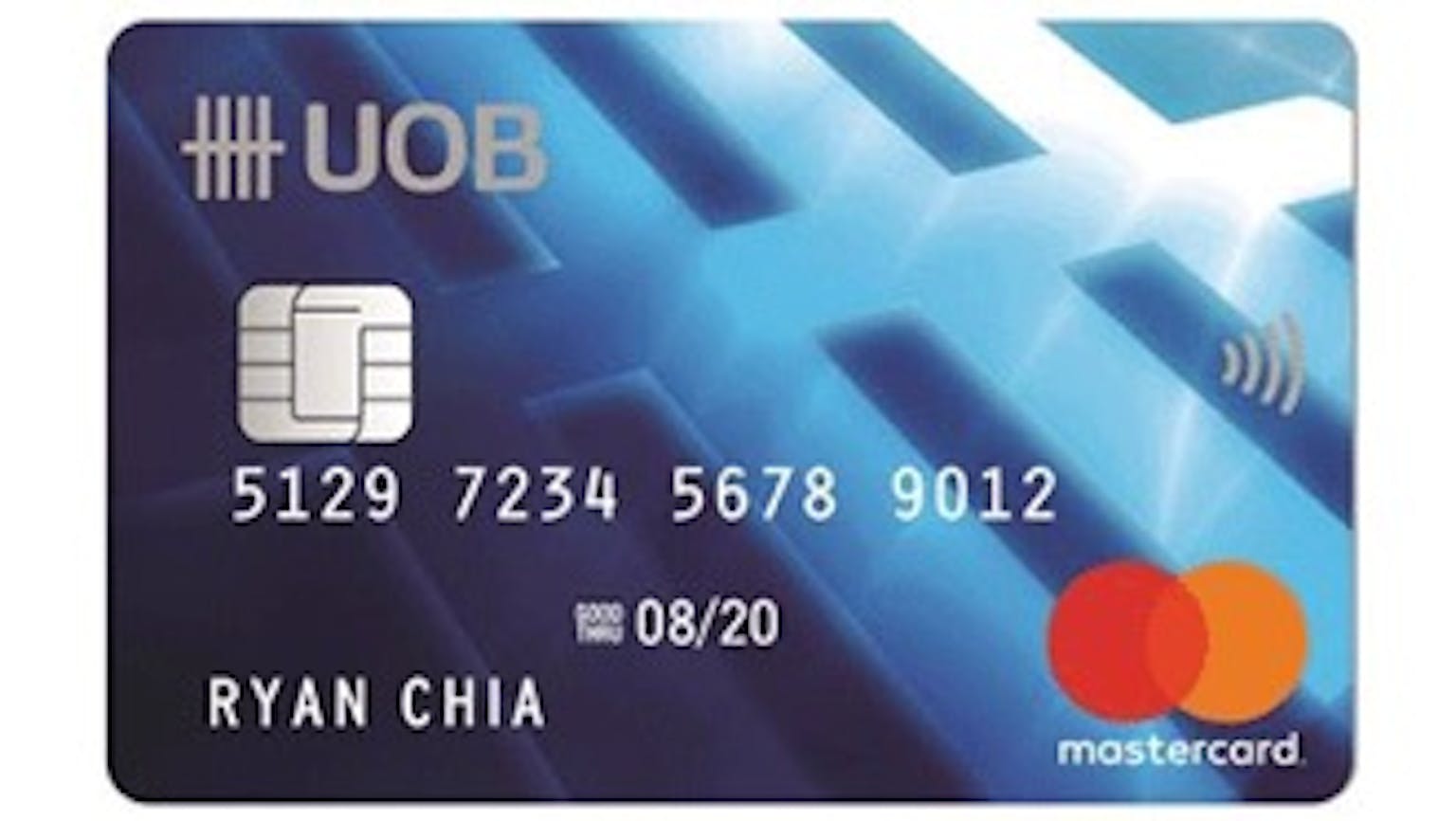

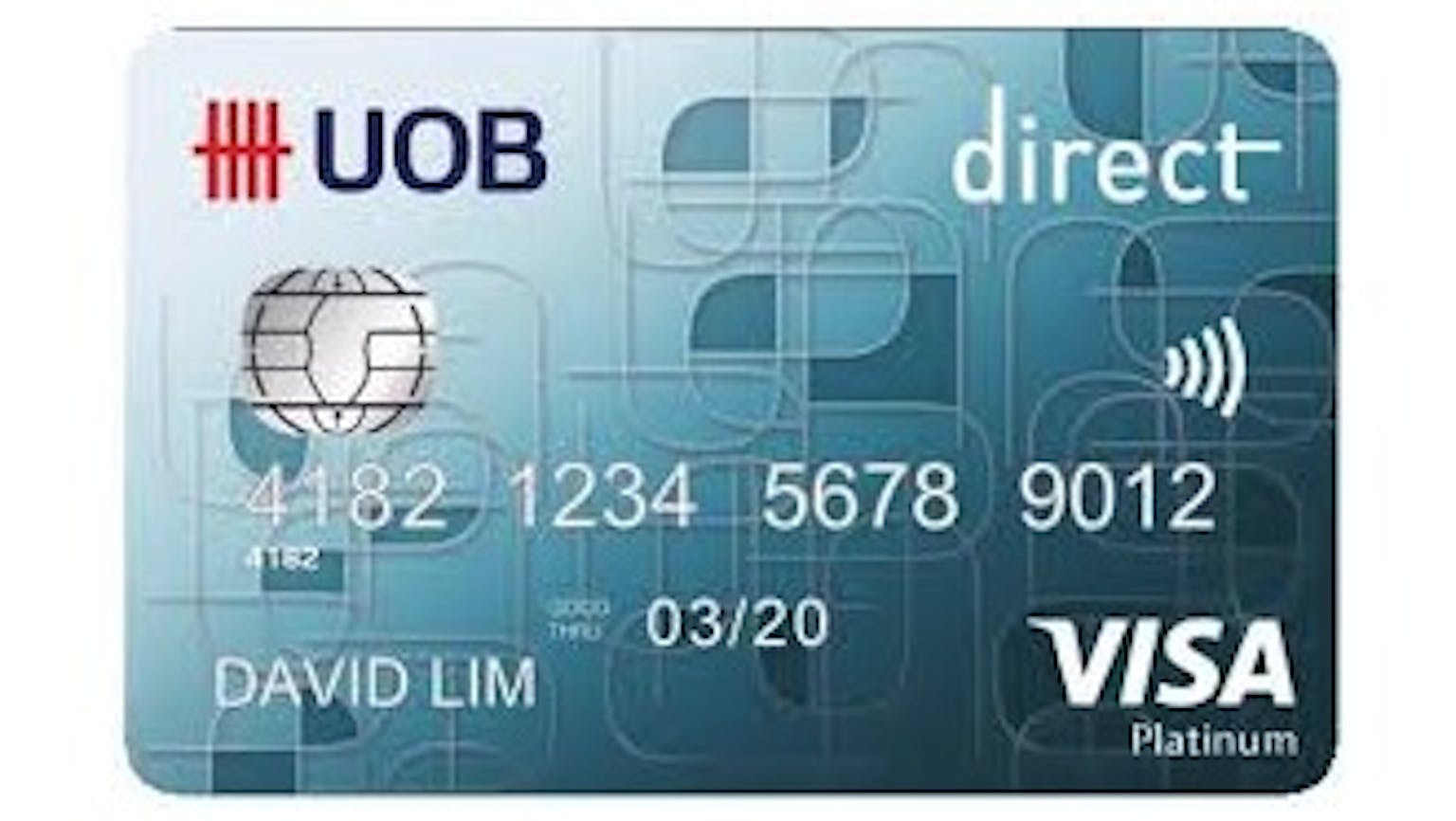
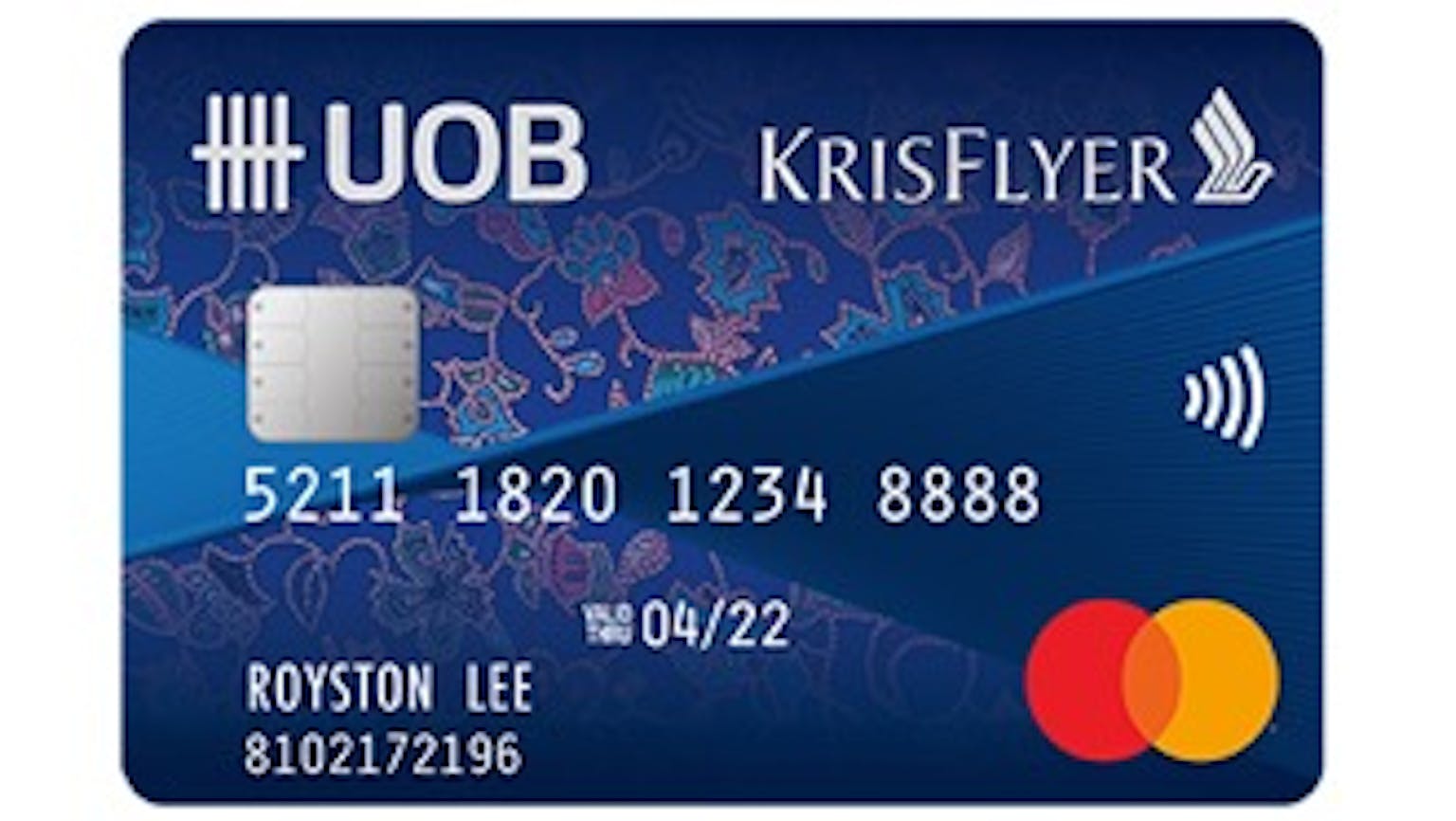
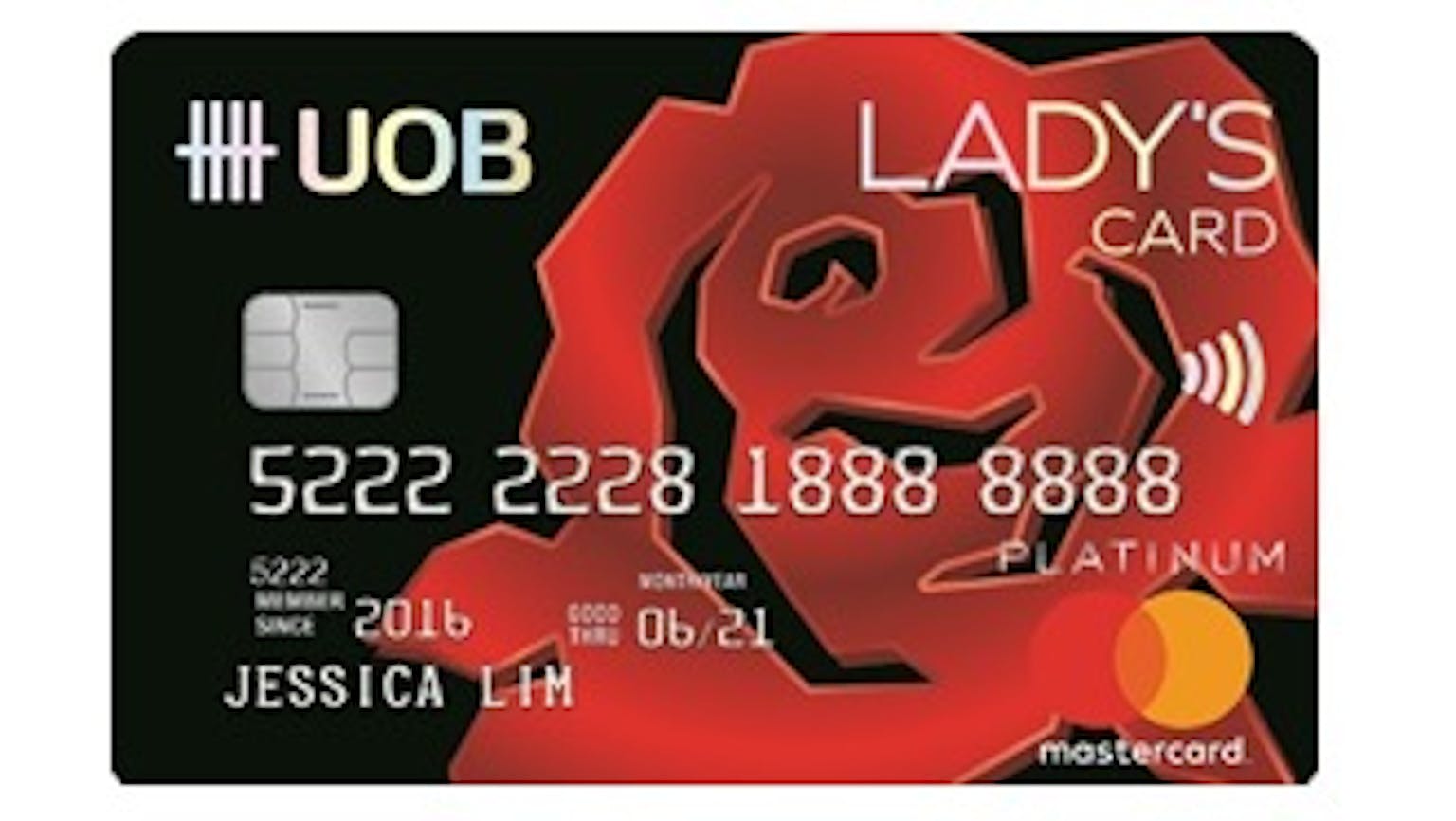
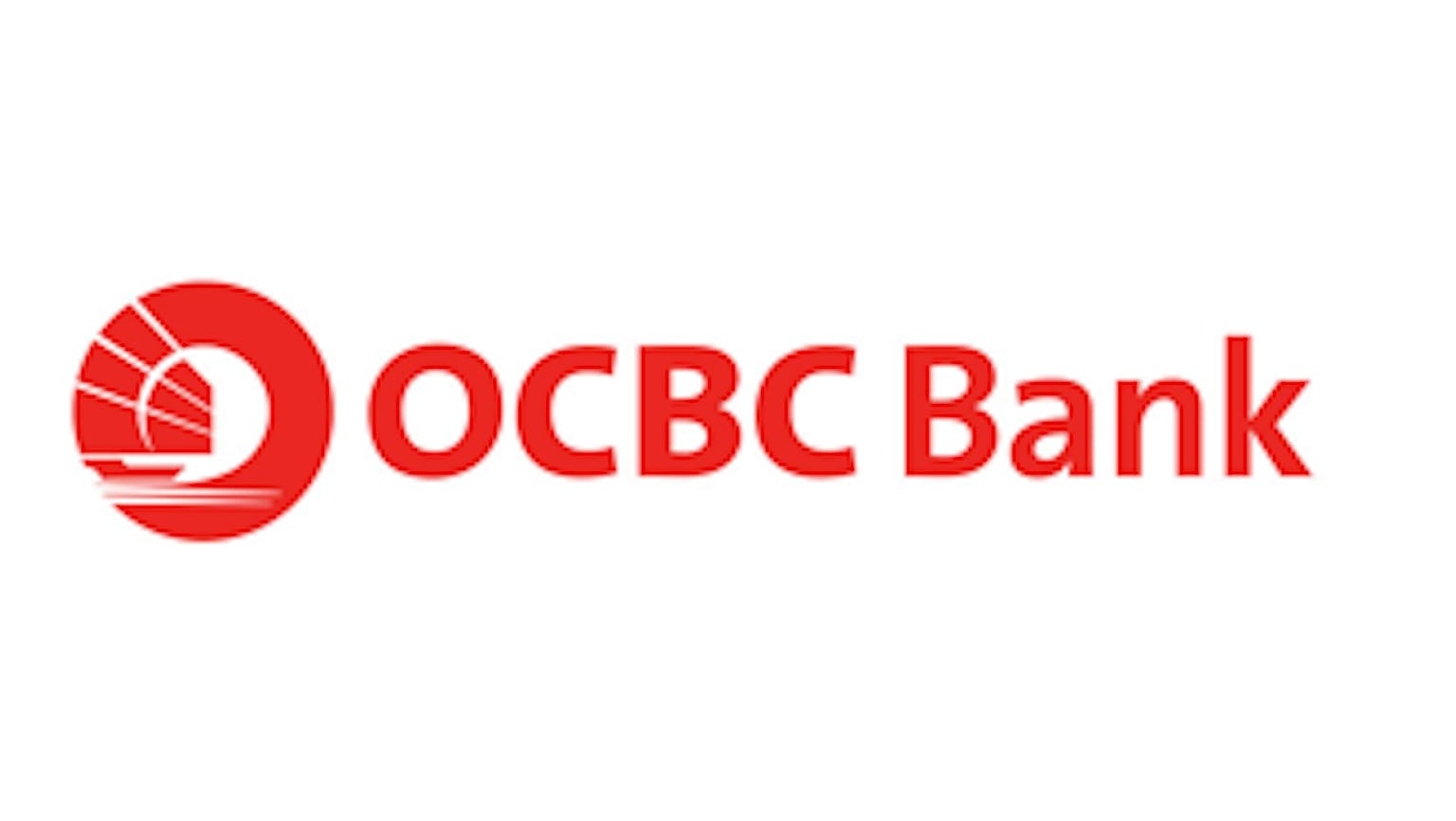




Please leave your knowledge and opinion!